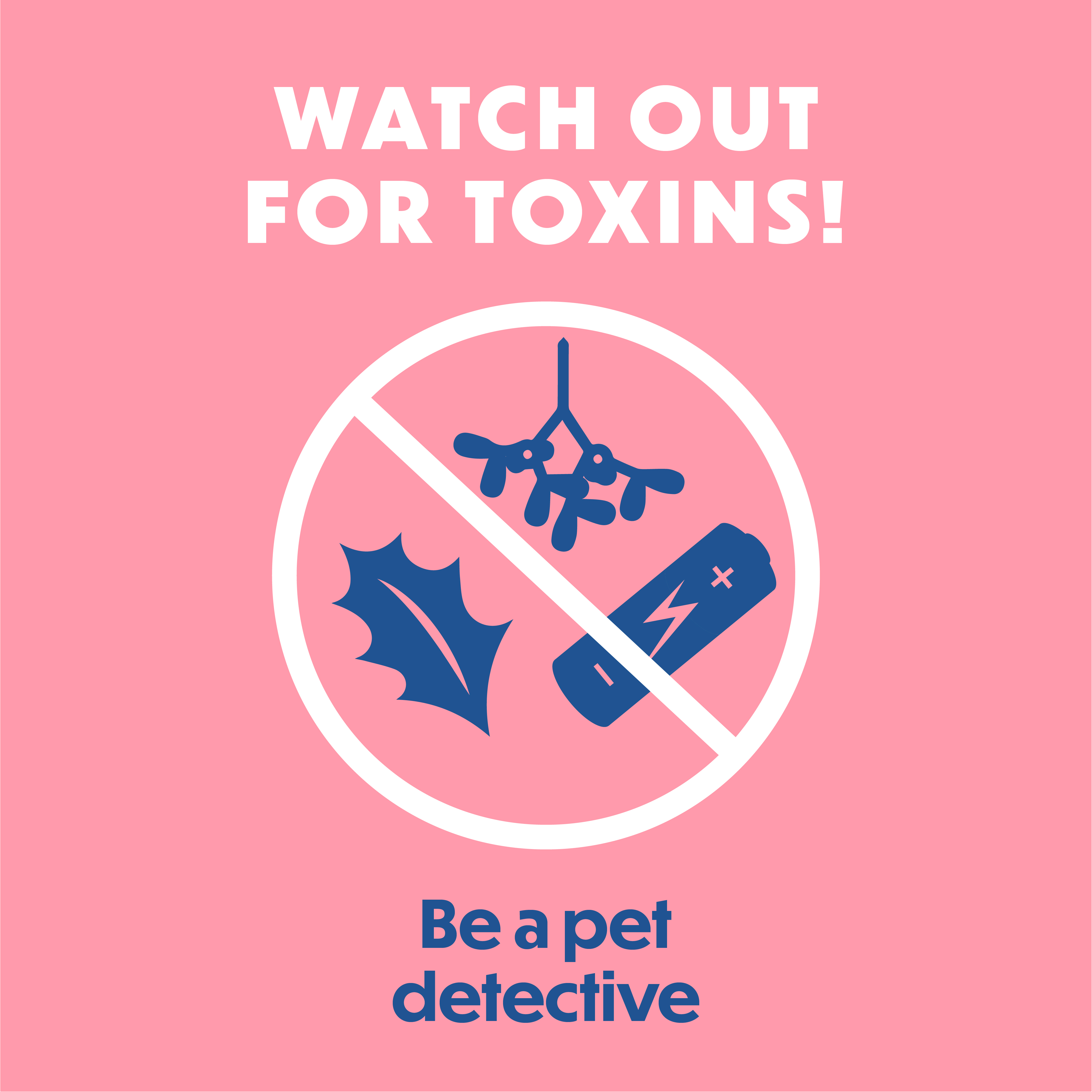Help keep your pet healthy this winter

In these strange times the world keeps throwing new challenges at us and our pets. This year we can finally socialise, host guests and attend parties after a couple of quiet winters thanks to lockdowns, restrictions and new variants. These busier schedules may be welcome for us but can be challenging for our pets. We’re also unfortunately facing new challenges with the cost of living, and keeping our houses warm comes at an unwelcome expense.
Read our top tips below on navigating these challenges with your furry friend, helping to keep them safe, happy and warm this winter.
Managing a change in routine when hosting guests or attending parties
- Our pets thrive on consistency and routine and following a regular schedule allows them to feel calm and safe. During busy social periods, try to stick to elements of your pet’s normal routine where possible, such as timings for meals/ walks
- In the midst of festive frivolities, don’t forget about your dog’s exercise which will help them regulate their energy and excitement. Toys and feeding games can also help keep their brain mentally stimulated
- If expecting guests, it may help to keep your pet in a room away from the front door to minimise excitable reactions every time someone arrives.
- Make sure you provide your pet with their own quiet space away from the hustle and bustle where they can retreat for some peace and quiet
- If your pet has chosen somewhere quiet to rest and relax, do not disturb them or try to involve them into a busy social situation, where they may feel stressed and anxious
- Some pets are not social butterflies and do not appreciate other pet visitors in their home. If this is the case, it may be best to ask guests to keep their four-legged friends at home
- If going away, take your pet’s bed with you so they have some familiarity in a new environment
- Make sure children are supervised around dogs and know how to greet and interact with them safely
- If planning a winter getaway, make sure you arrange boarding accommodation/pet sitter well in advance. If possible, do a shorter ‘trial stay’ beforehand to help familiarise your pet with the new environment
- Remember that pets’ tummies are prone to upset at times of change, for example alterations to their environment/routine/diet
- Speak to your vet about whether a probiotic and prebiotic supplement may help support your dog’s microbiota and prevent tummy troubles.
Toxins to avoid
Beware of the below which are toxic to our pets, and particularly common this time of year!
- Sultanas and raisins ( including mince pies, Christmas pudding/cake, stollen)
- Chocolate
- Onions and garlic

- Grapes
- Nuts
- Gravy
- Stuffing
- Poinsettia, lilies’, mistletoe and holly
- Alcohol/caffeine
- Xylitol
- Excessive dairy
- Blue cheese
- Small, sharp bones
- Potpourri
- Antifreeze
- Batteries
(please note this is a non-exhaustive list)
Keeping your pet warm this winter
- Make sure your pets bed is well raised off of the floor, especially if you have hard flooring. Add an extra blanket between the floor and their bed to keep things cosy
- Add blankets for extra warmth but beware of using hot water bottles and heated blankets which may pose a burn risk
- Not all dogs enjoy wearing clothes, but some dogs are more prone to feel the cold (sighthounds, hairless breeds etc) and appreciate the extra warmth. Follow your dog’s lead as to whether they find a jumper/coat helpful
- Be aware that very old or young pets need a little more TLC in the colder months as they find it more difficult to regulate their body temperature
- Keep an eye on your pets weight by weighing them regularly, as weight changes may be hidden by thick winter coats
- If your pet usually sleeps outside, you may need to bring them indoors when cold or unfavourable weather is forecast. This includes small furries, like rabbits and guinea pigs
- Whilst we want to keep our pets warm, ensure they are able to move away from direct sources of heat (e.g. don’t place their crate directly next to a radiator)
- Shivering and trembling are obvious signs that your pet is feeling cold, but other signs such as lethargy, whining, barking or curling themselves up in a ball may also indicate that
- It is well known that arthritic pain can be exacerbated by cold weather. In spite of the less enticing weather, it is extremely important that animals with joint problems continue to exercise (within their limits) to help prevent muscle wastage and excessive stiffness. If you notice your pet becoming stiffer, it would be sensible to make a trip to the vets who can advise you on extra support in the form of lifestyle management, joint supplements or perhaps a stronger pain relief to keep them comfortable
.png)
